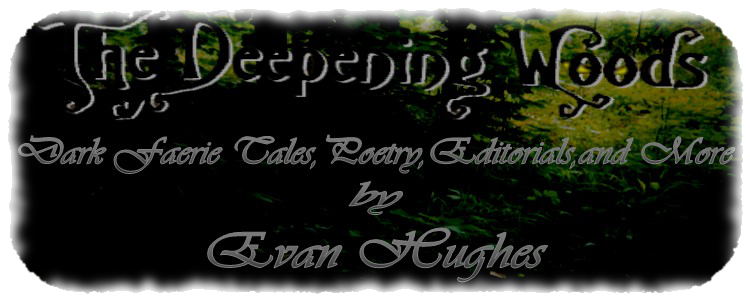The Politics and Music of Amiri Baraka
I must admit I had reservations before reading Amiri Baraka. As any good scholar of literature, I did my research beforehand, and whether it’s right or wrong, I am set en garde by anyone who is billed primarily as a political poet. Though I do not feel there is no room in poetry for politics, I have noticed how, with very few exceptions (Dylan amongst them), political poets simply go too far. They exaggerate (Yes, I am now also guilty of generalizing here, but this is the preconceptions with which I was burdened before my exploration of Baraka’s work). They become so immersed in the politics of their cause, they lose sight of both the big picture, and of their actual art. And, because of this, I was fully prepared to be beaten about the temples by the ballpeen hammer of Baraka’s words espousing his pet political cause. Happily, my poetic prejudices were shattered by the intellect, craft, and magnetism of Baraka’s performance.
Yes, Baraka hits on politics in his poetry. Very serious politics. But he does not dwell on the political for the sheer sake of radicalism, but rather more as an acknowledgement of the circumstances of his environment. His poetry is that of experience, describing the events, thoughts, and emotions of his life. Being human, and having lived during perhaps the most turbulent part of the twentieth century, on the receiving end of our nation’s worst, it is only natural his words would at times be laced with anger:
I am distressed. Thinking
of the seasons, how they pass,
how I pass, my very youth, the
ripe sweet of my life; drained off…(1)
More than politics, however, Amiri Baraka wrote about music. Certainly, music was of extreme importance to all beat poets, the movement finding its roots in jazz. For Baraka, however, it goes deeper. No other beat poet (short of Dylan) laced his words as heavily with rhythm, nor matched the rhythm within these words when performing them on the stage. Kerouac, perhaps, came the closest to Baraka’s musicality, as Amiri admitted:
Who has ever stopped to think of the divinity of Lamont Cranston?
(Only jack Kerouac, that I know of: & me.
The rest of you probably had on WCBS and Kate Smith,
Or something equally unattractive.)(2)
His writing mimics the beat of jazz and blues, and takes to onomatopoeia to illustrate the twanging of a bass and the thumping of drums:
A-boomp bahba bahba, A-boomp bahba bahba, A-boomp bahba bahba
A-boomp bahba bahba, the turbans sway behind him. And he grins
Before he lifts the horn.(3)
Baraka’s poetry is not all about politics. It is a poetry of life – about life laced with music, joy, humour, and anger. It is poetry about the human experience, as seen through his eyes. Eyes that had seen and known great pain as well as great joy.
& love is an evil word.
Turn it backwards/see, see what I mean?
An evol word. & besides.
who understands it?
I certainly wouldn’t like to go out on that kind of limb.(4)
(1) Way Out West, Verse 8
(2) In Memory of Radio, Verse 1
(3) The Screamers
(4) In Memory of Radio, Verse 4
|



